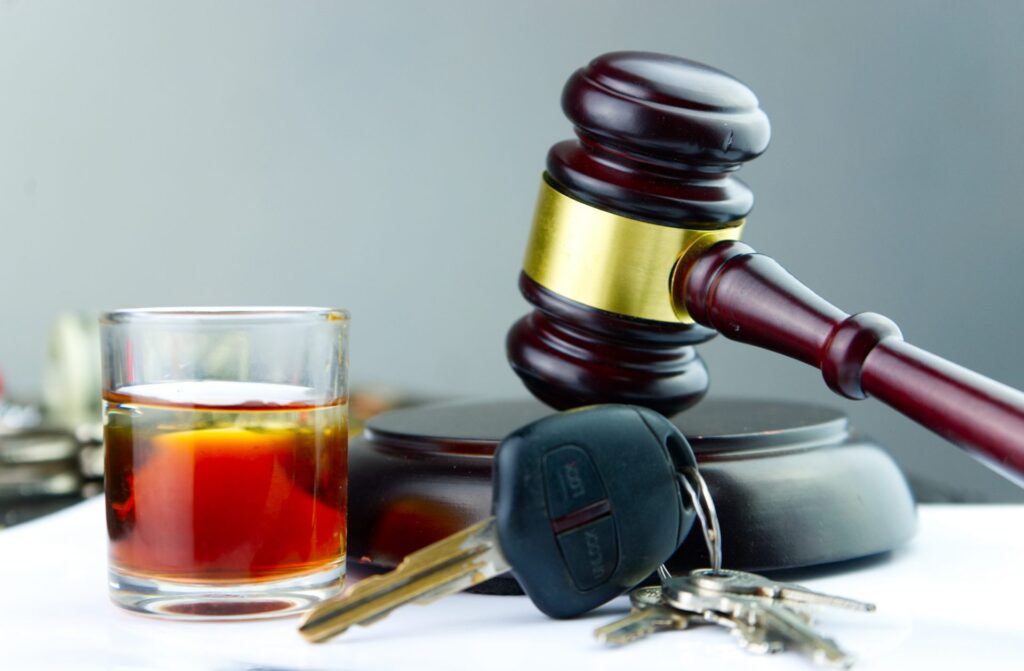Can You Challenge OUI Evidence in Maine? Yes, Here’s how
Many people arrested for Operating Under the Influence (OUI) in Maine assume they have no choice but to plead guilty. But in reality, there are several effective ways to challenge the evidence used against you. From flawed testing procedures to inaccurate interpretations, OUI cases often rest on evidence that isn’t as reliable as it may seem.
The cornerstone of most OUI prosecutions is sobriety test results—whether chemical tests like breathalyzers or blood tests, or field sobriety assessments conducted roadside. But both forms of testing are subject to human error, faulty equipment, and improper administration. This is especially important when your blood alcohol content (BAC) is only slightly above the legal limit of 0.08%. In such cases, even a small testing error could mean the difference between a conviction and an acquittal.
Understanding the types of tests used—and their weaknesses—is essential when building a strong OUI defense. Below, we explain the two main types of sobriety tests used in Maine, how they can be challenged, and why working with an experienced OUI defense attorney is critical to protecting your rights.
Chemical vs. Field Sobriety Tests in Maine
In Maine, law enforcement relies on two primary types of sobriety tests to determine impairment in OUI cases: chemical tests and field sobriety tests. While both are used to build evidence against you, each has its own procedures—and potential weaknesses that can be challenged in court.
Chemical Sobriety Tests (BAC Testing)
Chemical tests are used to measure your blood alcohol content (BAC). If your BAC is 0.08% or higher, you can be charged with OUI under Maine law. Officers typically use:
- Breath tests (via breathalyzer)
- Blood tests
- Urine tests (less common)
Although these tests are considered scientific, they are not foolproof. Issues like improper calibration, contaminated samples, medical conditions, or operator error can produce false or inflated results. In cases where your BAC is barely over the limit—such as 0.09% or 0.10%—even a minor testing error could be enough to cast doubt on the entire case.
Field Sobriety Tests (FSTs)
Field sobriety tests are physical coordination and cognitive assessments conducted during a traffic stop. Common FSTs include:
- Walk-and-turn
- One-leg stand
- Horizontal gaze nystagmus (eye movement)
These tests are subjective and depend heavily on the officer’s interpretation. External factors—like poor lighting, uneven surfaces, medical conditions, nervousness, or even footwear—can cause a person to “fail” a test, even if they are not impaired.
How to Challenge OUI Evidence in Maine
Challenging a Blood Tests
Overall, one of the more accurate ways to detect the presence of alcohol in the body is through analyzing the blood in a blood test. A blood alcohol test determines the percentage of ethanol in the body by extracting a sample of blood from the body and then sending it to a lab to be analyzed. However, unlike a breath test, this cannot be done at the scene of the arrest.
As alcohol takes an hour to reach its fullest effect in the body, you could have been below the legal drinking limit while driving, but in the time it took to administer the test, the percentage increased. Other defenses can arise if the sample was not labeled or preserved properly.
Challenging a Breath Test
Another common way of testing for alcohol consumption is through analyzing the breath of the driver. These devices are used as a way for police to judge right away if a driver has been drinking. Known as a breathalyzer device, when the driver breathes into this apparatus, it gives a reading of the amount of alcohol in the body. Although helpful, these devices are far from accurate.
If the law enforcement officer did not administer the test accurately, the wrong reading may be given. Another common error is a mistake in the calibration of the device. Also, the sensors could pick up on other compounds besides alcohol and could cause the reading to be wrong.
Challenging a Field Sobriety Test
When a law enforcement officer suspects that a driver is under the influence of alcohol or drugs, they may request that the driver perform a field sobriety test. The three main standardized field sobriety tests are: HGN testing, the walk and turn, and the one leg stand. The HGN (horizontal gaze nystagmus) test examines the naturally-occurring jerking in the eyes in order to see if it is exaggerated.
The walk and turn test require s that the driver walk in a straight line while counting out loud. Lastly, the one leg stand requires that they balance with one foot six inches from the ground while counting out loud.
However, in all of these tests, there is plenty of room for error. If the police officer did not give instructions clearly or the driver failed the test for another reason, they should not be convicted of DUI.
Contact Our Maine OUI/DUI Defense Lawyers In Maine Today
It is important to remember that it may be best to refuse to be tested for alcohol or drug use at all. Even though you may face specific penalties for your refusal, it is easier to defend DUI charges when there is no hard evidence against you. However, if you have failed chemical testing or a field sobriety test, by thoroughly examining and challenging all the evidence against you, our team could help you get your charges completely dropped.
Our DUI defense lawyers are highly experienced in fighting DUI charges. Attorney William Bly is certified as a breath alcohol technician and as an instructor of field sobriety testing. Using this knowledge he is able to examine clients’ cases and look for mistakes that could have been made. It is rare for a non-law enforcement professional to have these kinds of certifications and is yet another reason why our criminal defense firm is one of the best in Maine.
If you have been charged with an OUI in Maine, The Maine Criminal Defense Group can help you. Call us now or contact us directly online.
Call 207-571-8146 or contact us online to schedule a consult with one of our highly skilled criminal defense & OUI lawyers, serving Southern Maine, today.
OUI Blog Articles
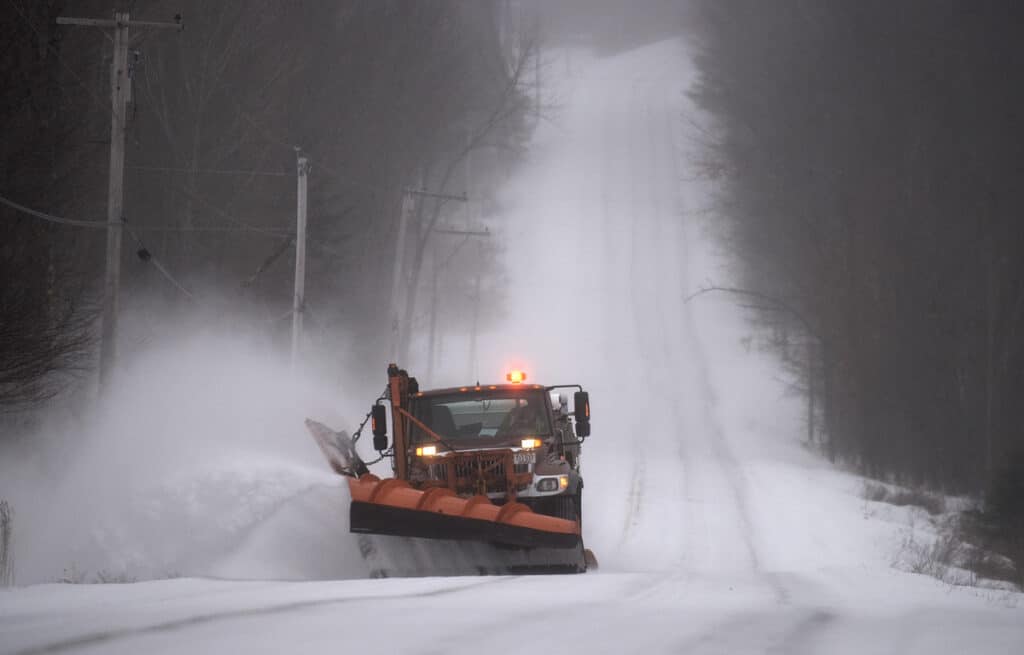
January 11th, 2025, in Skowhegan, Maine, a Maine Department of Transportation plow truck sustained a head-on collision caused by a drunk driver on Route 2, as reported by law enforcement.[...]

The tragic events of a fatal car crash in 2023 that claimed the lives of four young people have finally reached a pivotal legal outcome. Noelle Tavares, a former Maine[...]

In most states, there are many different places that the average person can take a driving course to satisfy court requirements as related to an DUI conviction. However, in the[...]
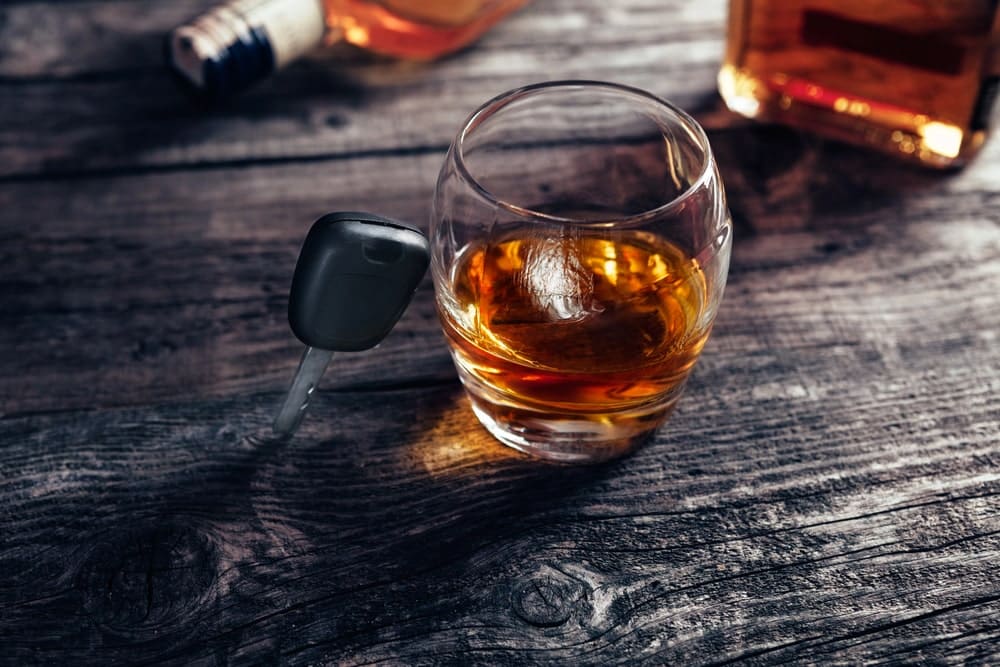
Defending against OUI offenses in Southern Maine Anyone charged with a 2nd OUI in Maine should expect little leniency from the criminal justice system. This makes it even more important[...]
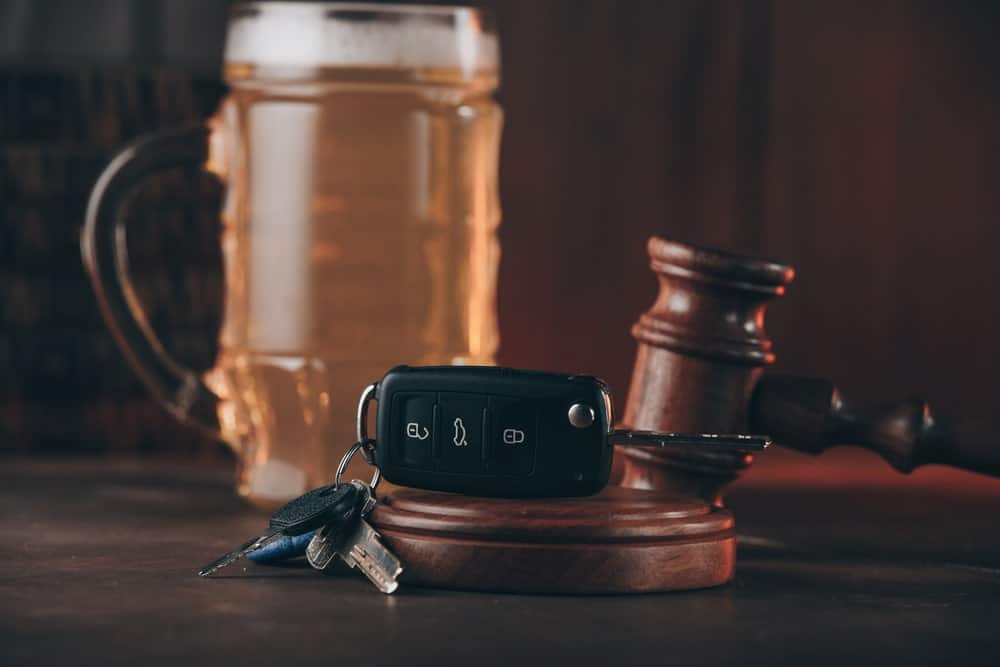
Defending against OUI Refusals in Southern Maine Did you know that it is a criminal offense to refuse to submit to a chemical test if lawfully requested to do so[...]
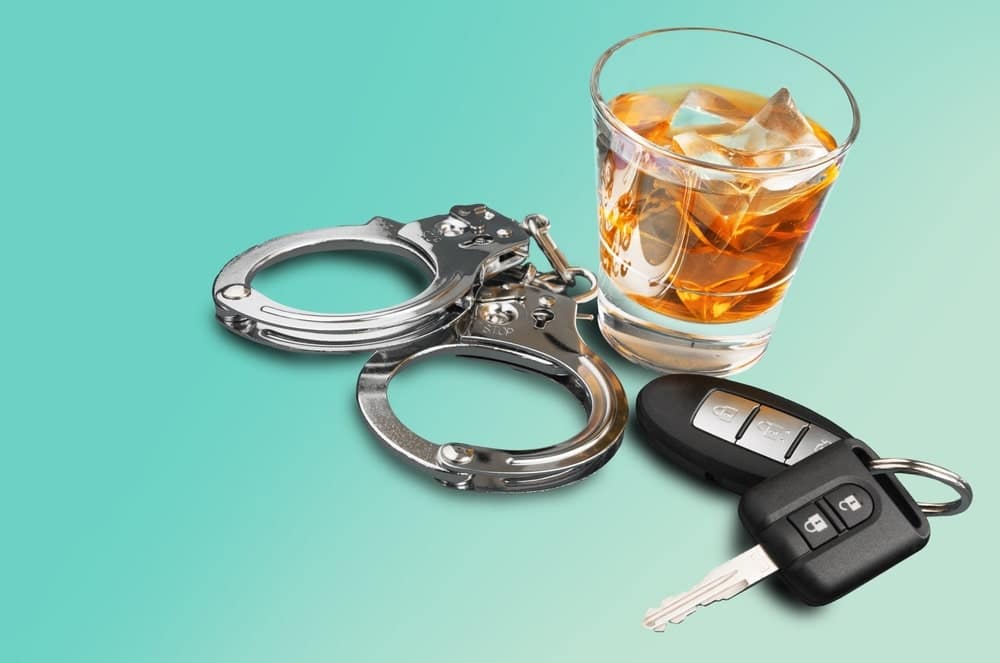
Reducing an OUI charge in Maine OUI charges are handled severely in Maine. For many people, a drunk-driving charge is their first time dealing with the criminal justice system and,[...]

Alcohol laws of Maine While you should be aware of the strict OUI laws in Maine, it’s also important to know about other ways you can face a traffic infraction[...]
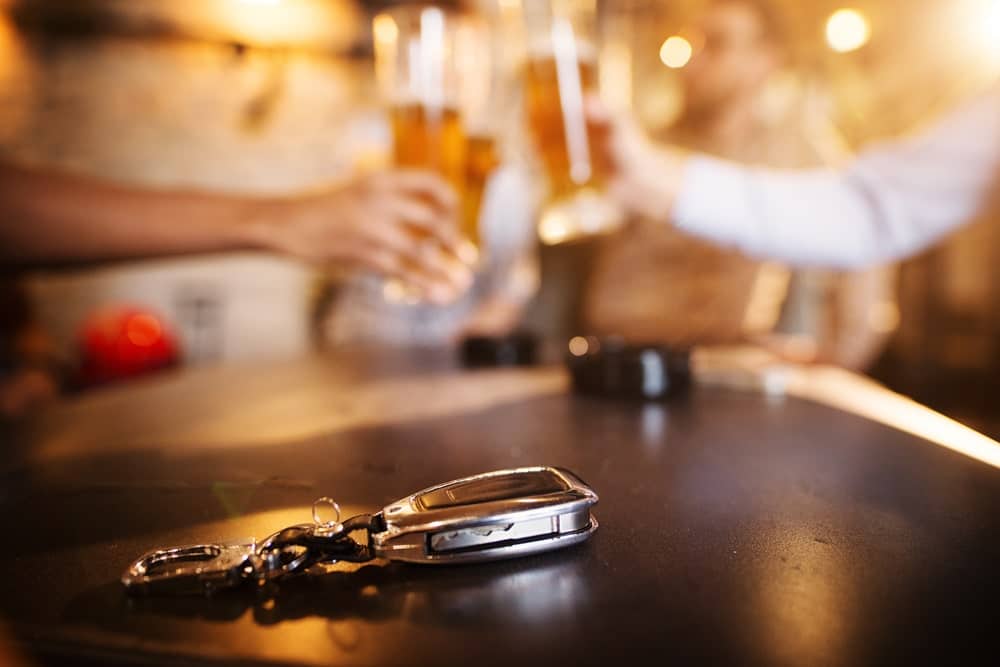
Defending against OUI offenses in Southern Maine A first OUI in Maine can potentially have long-term consequences, but with the right legal representation, alleged offenders can escape the harshest penalties.[...]
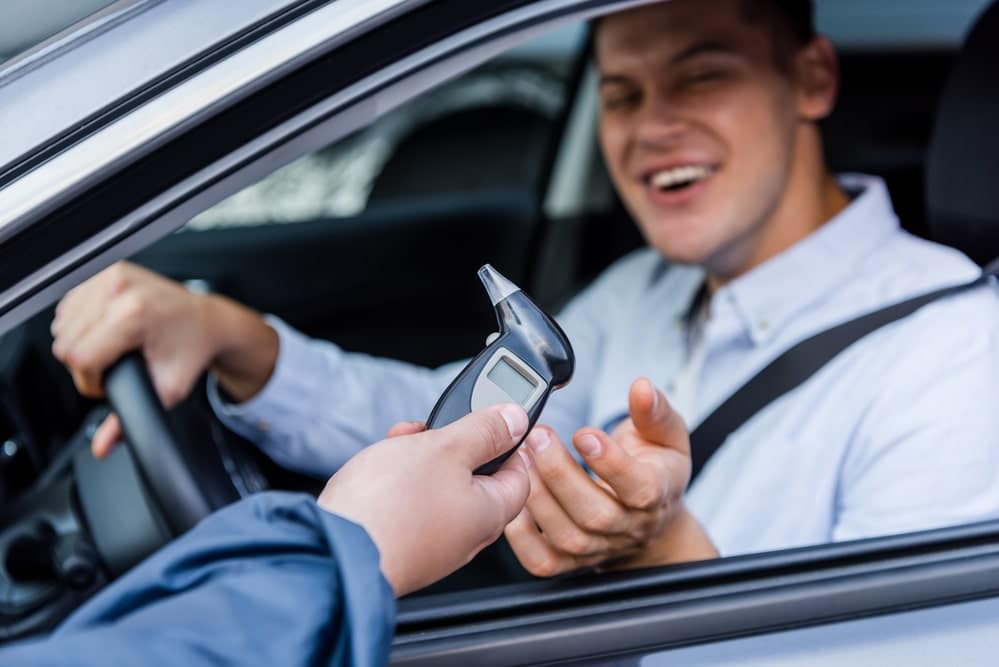
If you blow under .08 in a DUI breath test in Maine, it may be jumping the gun to breathe a huge sigh of relief. You may not be “free[...]
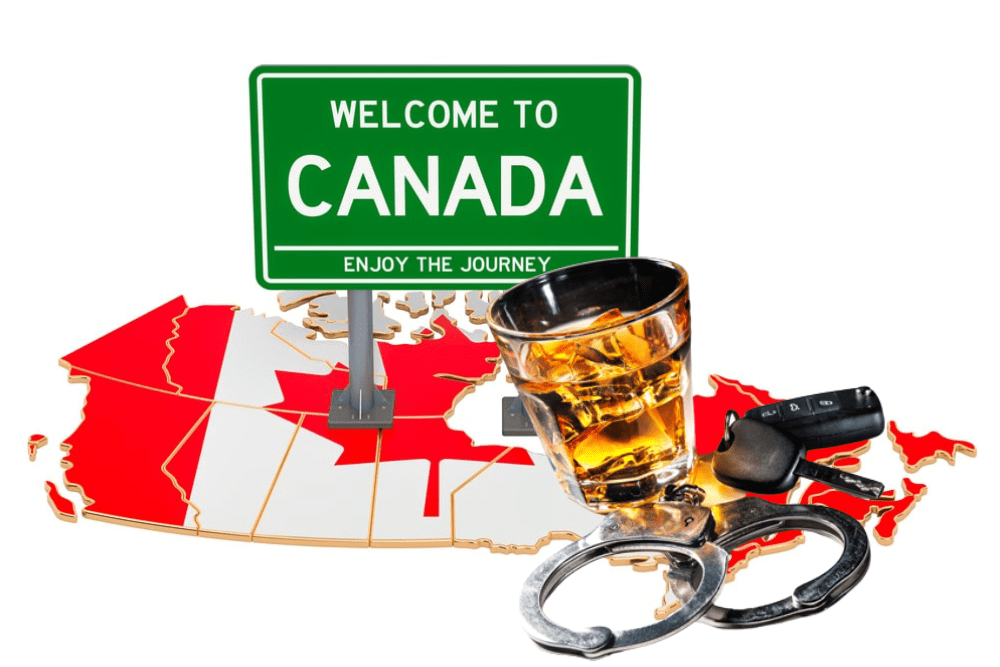
Last Updated: February 18, 2025 Between 11 and 15 million Americans visit Canada each year but you’re unlikely to contribute to those numbers in the future if you have an[...]
